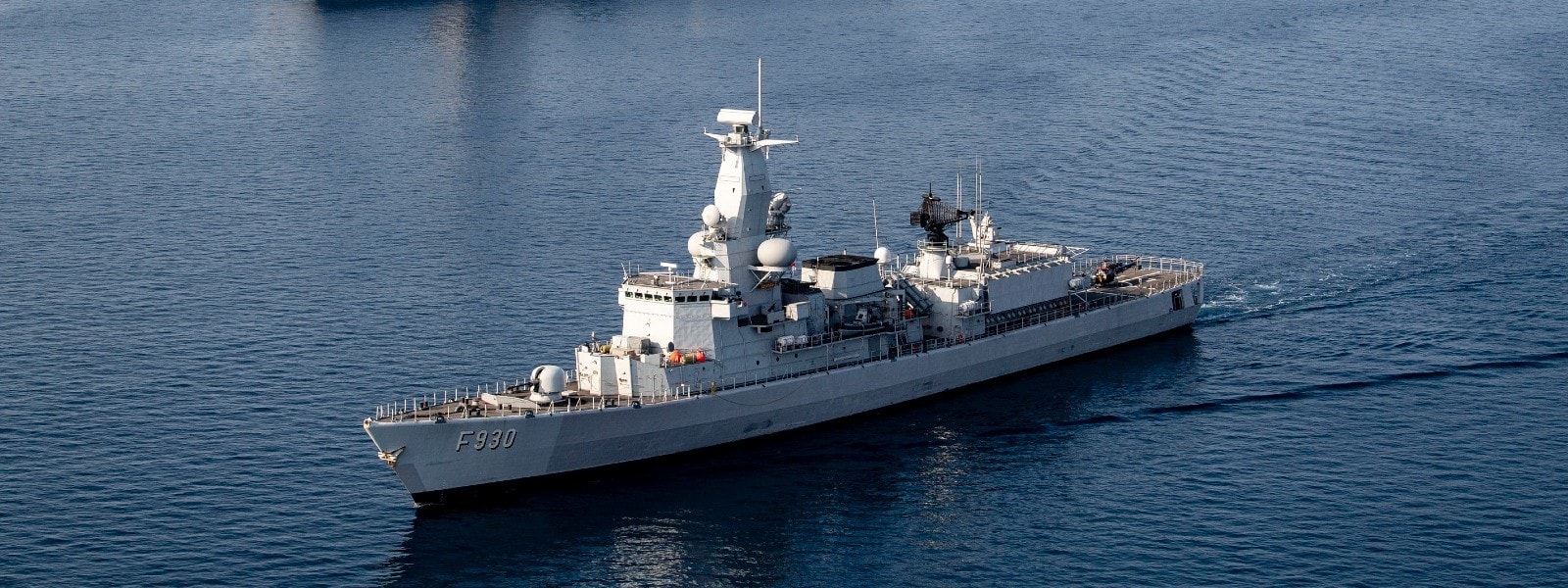Through human-led and technology-powered defence solutions, we support the protection of our society today and tomorrow.
Defence

In today's complex defence environment, we are committed to helping our clients and partners anticipate and be ready for tomorrow's challenges. We bring to this a deep understanding of defence and industry dynamics, proven people, an unparalleled network of experts and advanced technology capabilities.
Defence challenges in uncertain times
The world is witnessing a change in the security environment, largely due to threats from the East, cyberattacks and the rise of non-state actors. NATO – the backbone of our collective defence – is rapidly transforming into NATO 3.0, while facing new emerging threats such as cyber, disinformation, disruption in energy supplies, use of economic coercion, effects of climate change and space. Moreover, the dividing line between war and peace is becoming more and more blurred.
National governments and industries must protect their geographical, digital and cognitive territory, and boost security and defence capabilities.


To this end, NATO and EU countries have considerably increased their defence budgets in order to be able to face a worst-case scenario.
To tackle these threats, it is of the utmost importance to effectively and efficiently use a combination of the NATO military instrument of power (MIoP) and non-military instruments (NMIoP; e.g. financial and economic).
This complex defence environment also requires more: more strong public-private partnerships; more innovative approaches; more technological advantage; and more flexibility and agility.
A sense of true urgency is driving these changes.
In light of all this, PwC Belgium’s commitment is steadfast. We have a clear ambition and the capabilities to contribute to a more peaceful and secure world according to the rules-based international order.
Four focus areas have been identified:
Attracting and retaining personnel
In the defence sector, as in any organisation, it is essential to keep current staff motivated and well trained while finding and bringing new people on board. This calls for multiple initiatives, covering, for example, well-being, financial compensation, diversity and inclusion, and reinforcement of the recruitment effort, and for a new, more adapted infrastructure.
Investment
Focus on strategic investment in dual-use projects, which can serve for civilian use or operational missions as well as during domestic or international crises. For example, EU investments to adjust parts of the Trans-European Transport Network to make it suitable for dual civilian and defence use.
International cooperation
Cooperation with preferred EU and NATO partners is a must. For example, the Capacité Motorisée (CaMo) partnership between France and Belgium: a strategic partnership in the field of defence for maximum long-term interoperability between the French and Belgian armies.
Innovation and R&D
Belgium has a strong and innovative industrial base, offering opportunities for collaboration between the defence sector and Belgian companies and research centres.
Read more about our
Defence consulting service offering
The Strategic Promise of Digital Twins to Enhance Supply Chain Resilience
The European Defence Agency (EDA) recently published a paper written by members of PwC’s Aerospace and Defence community on supply chain resilience. The paper acknowledges the importance of digital twins as a key technological enabler, and examines how their application to (defence) supply chains could make these more resilient and flexible, while reducing duplication.
The paper was submitted for the Agency’s first EDA Research, Technology and Innovation Papers Award, which aims to “expand the envelope of technological knowledge, provide access to emerging trends to its participating Member States (pMS), and capture innovative ideas”. Read the full article to find out more!
Read the full article
Contact us

Steven De Bruyn
Partner, Aerospace and Defence, Global Relationship Partner within PwC for NATO, PwC Belgium











